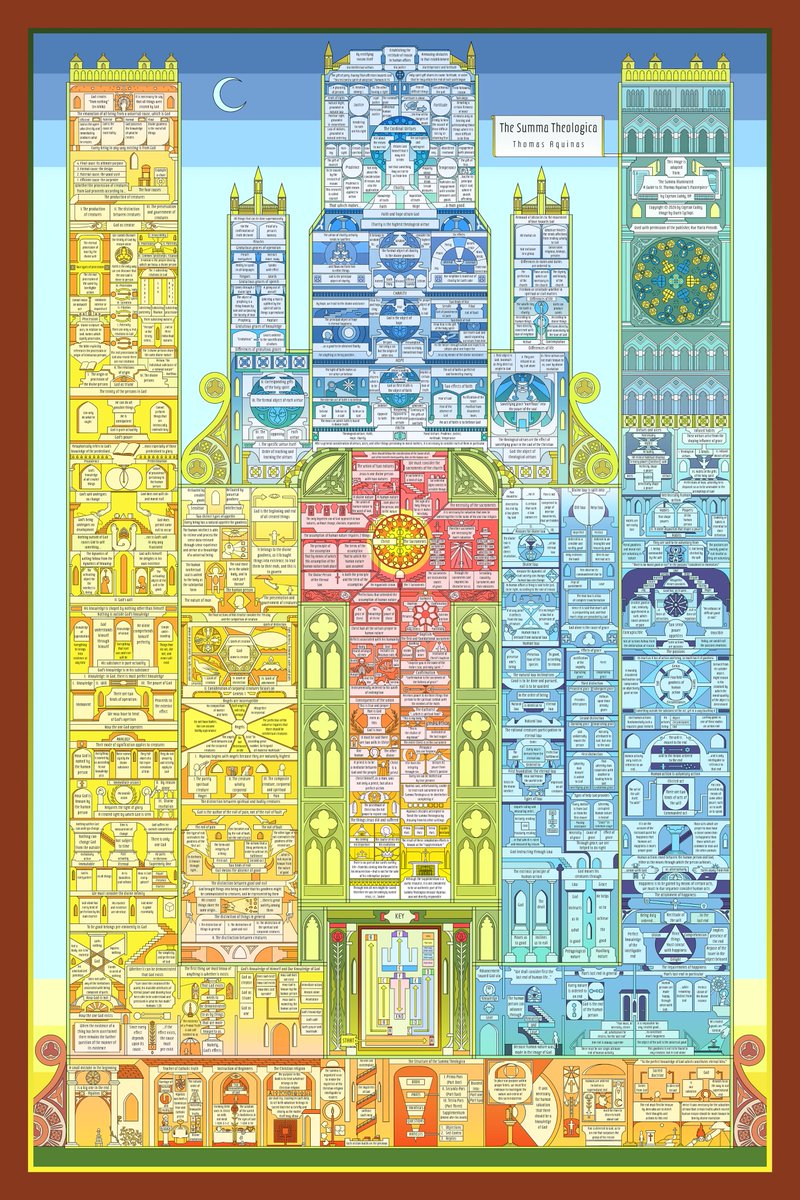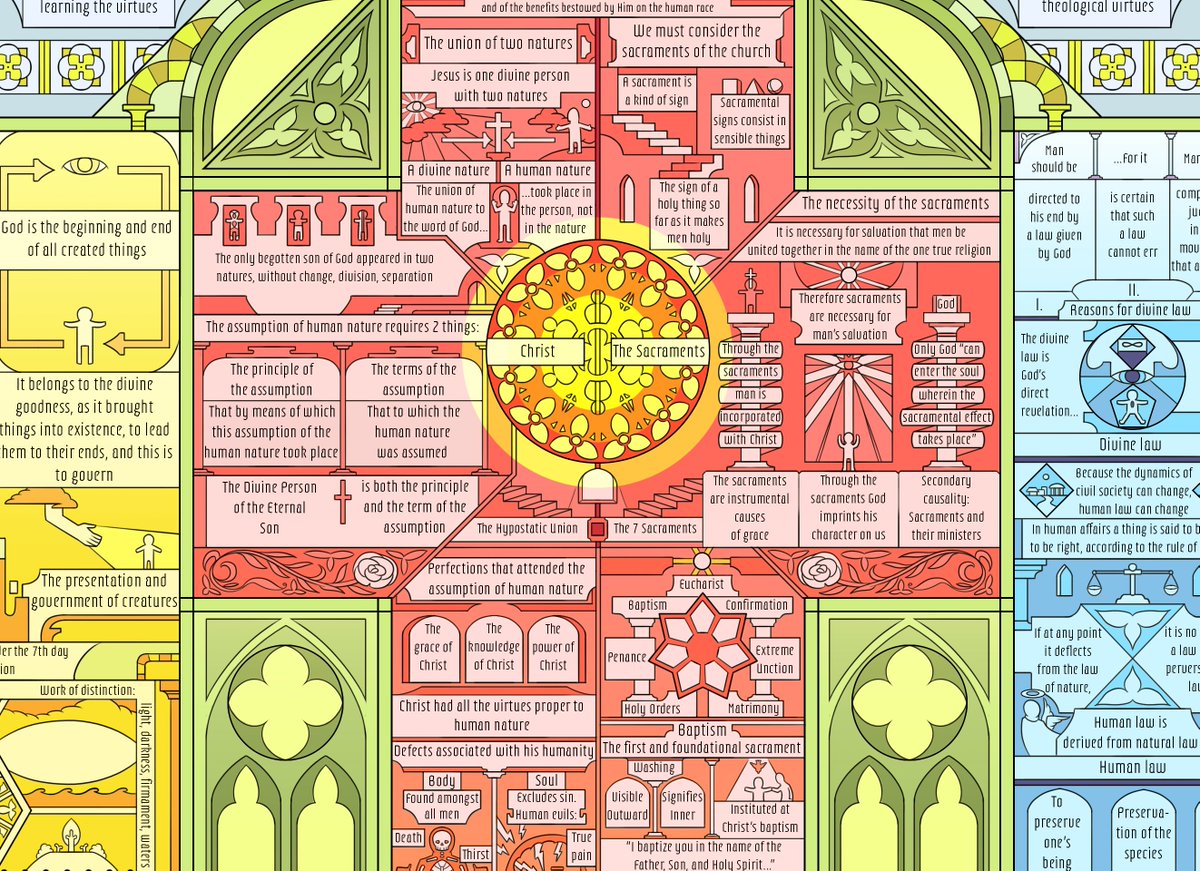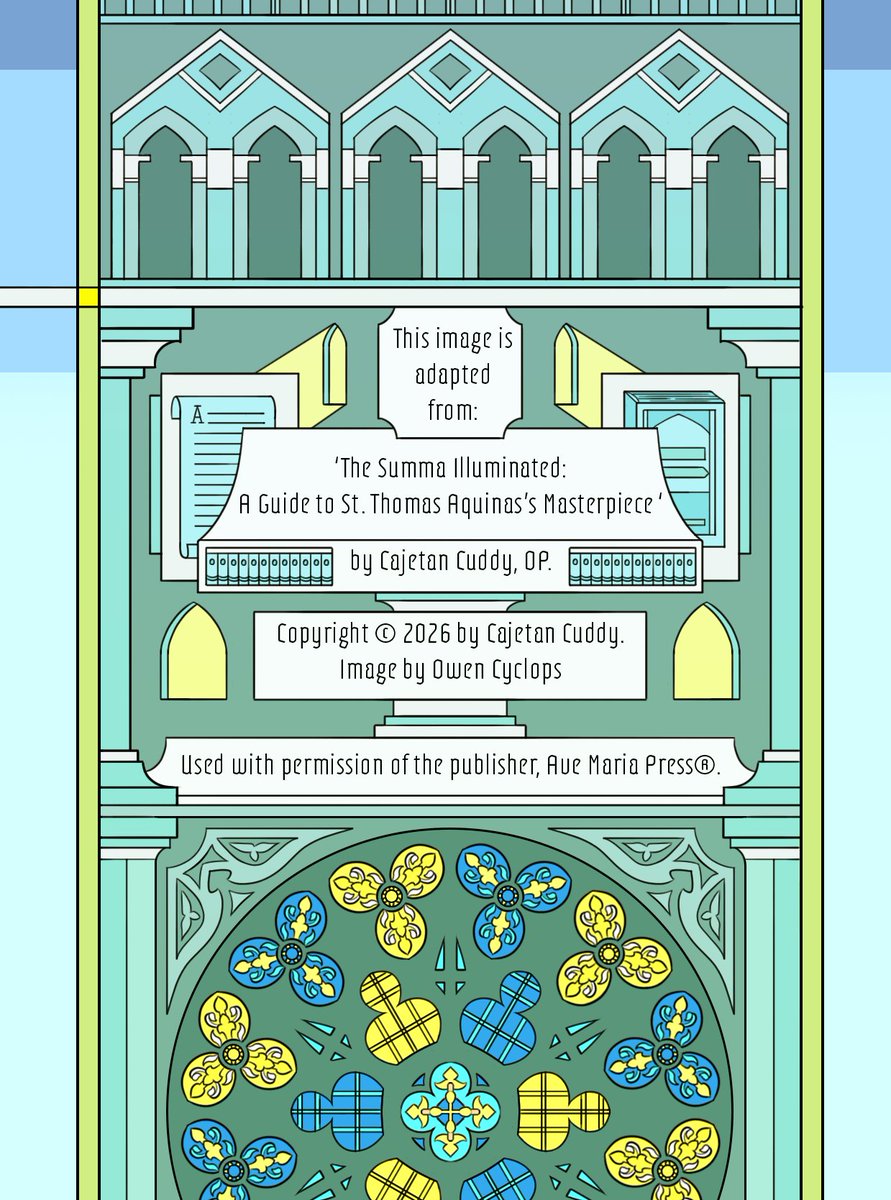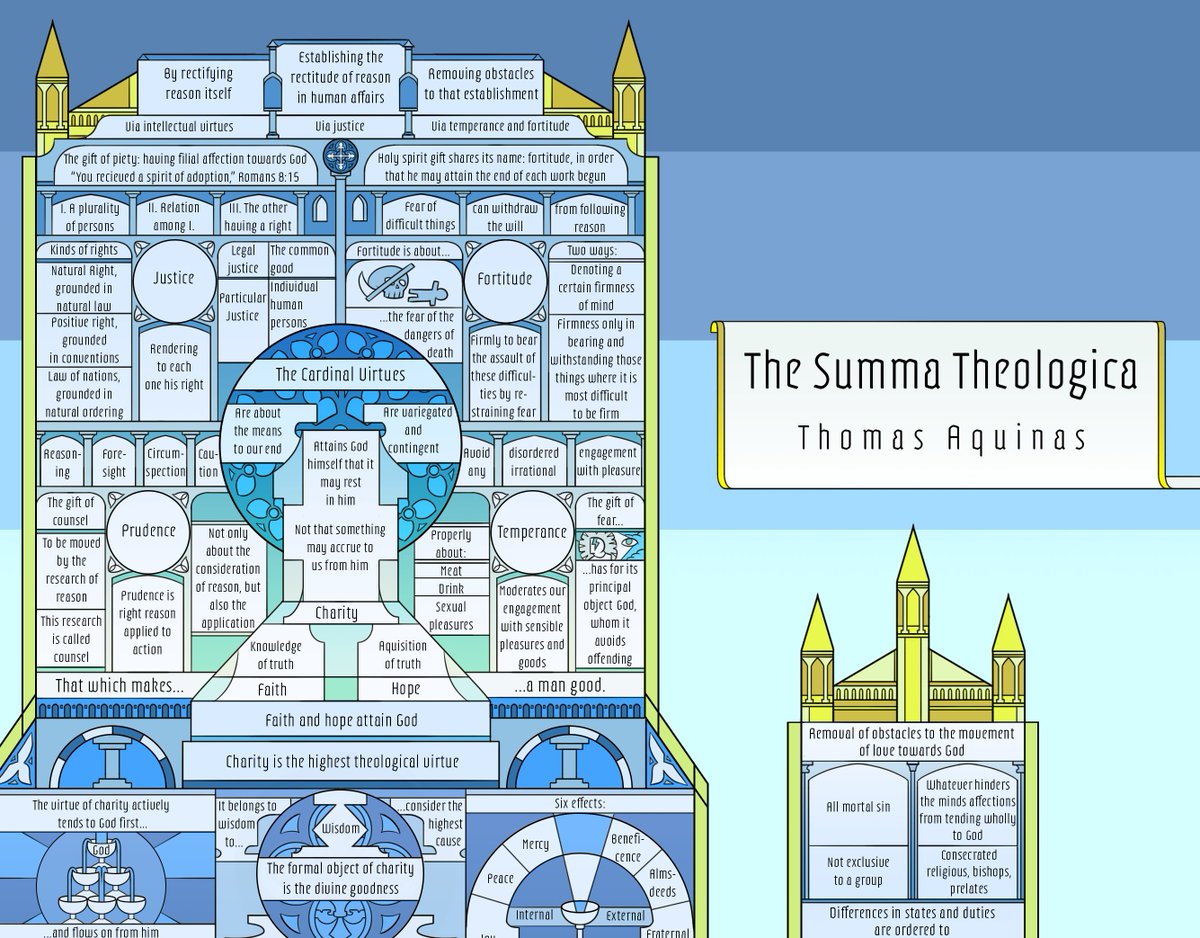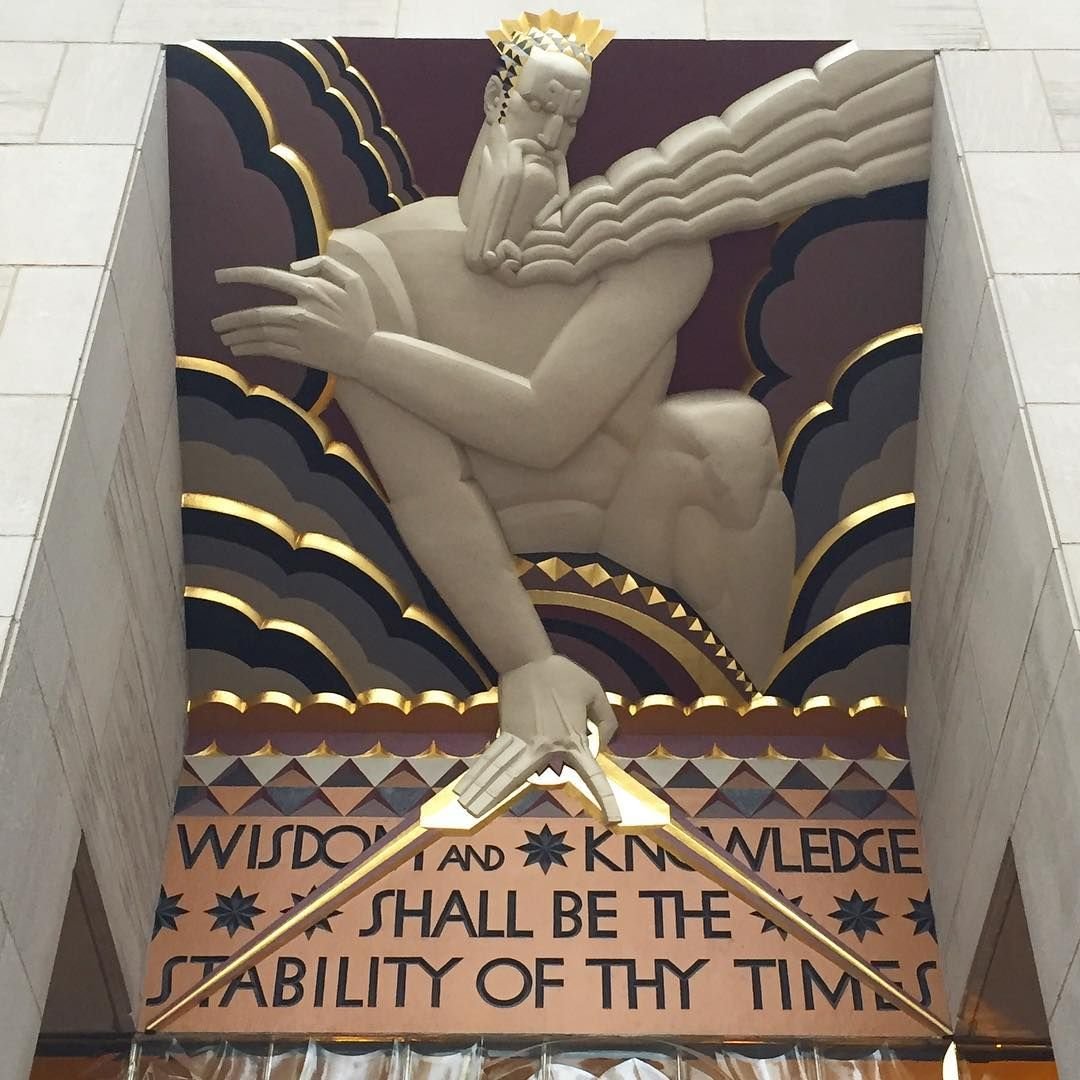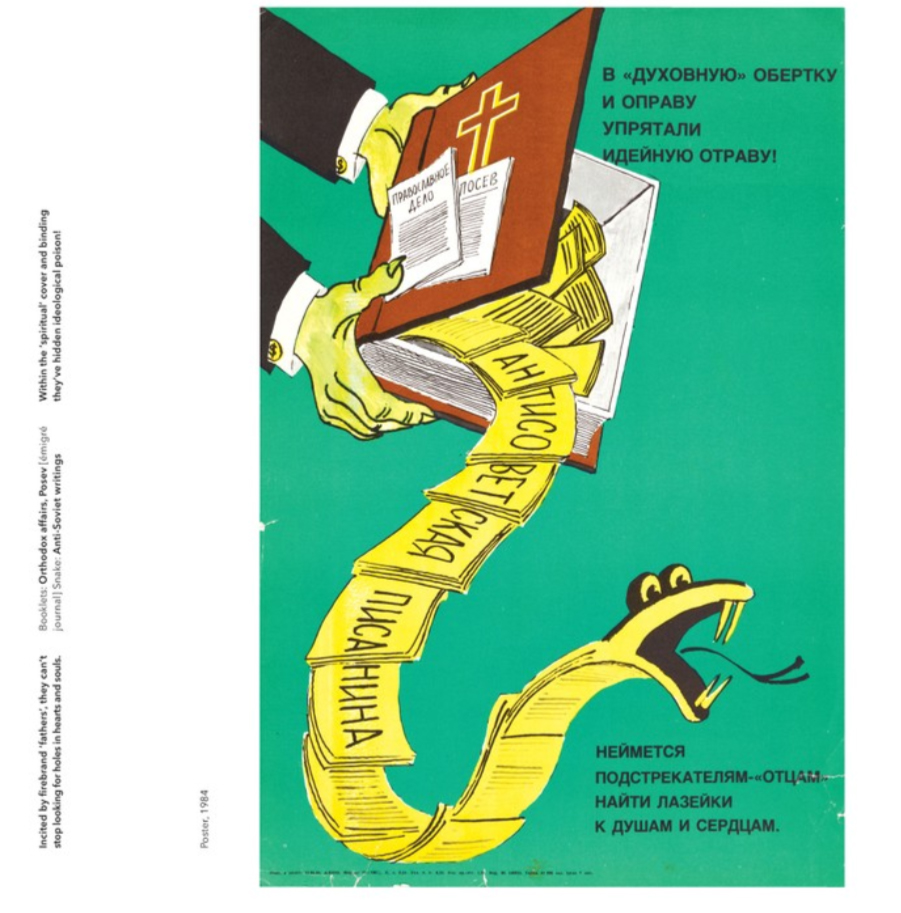i suppose you could call where im at ideologically now allegorism, esoterica without the theurgic element. everything in the visible world has an emblematic meaning, the relationship of external to internal is innate to man, and we should utilize this to glorify god, basically
many occult philosophers define “magic” in this secular way of doing things, using thoughts and words and actions, to alter things in reality. others define it as using those same tools to influence the divine sphere. theyre both missing the point in slightly different ways imo.
man has a relationship to the divine and can bring others to god but, he cant really tell divinity and divine things what to do, in my opinion. he can only elevate himself to a certain extent by properly understanding and utilizing his place in the cosmic hierarchy.
on the flip side i think the modern western occult definition of magic as “causing reality to conform to ones will” (extremely common + standard) is pretty stupid, as thats what i do when i order a book online, its kind of like secular overscholastic cope + larping, in my opinion
in classical studies of magical practices, for example if you read a book from the 1500s, it breaks up these hands on occult and esoteric engagements with the world into two categories, goetia and theurgy. goetia is what is commonly called black magic.
working with demons, evil spirits, things like that. you may recognize that term from a book that is now called “the goetia”, really thats a misnomer but thats why its called that. on the flip side theurgy is what i suppose would be called white magic.
things that now go under the banner of “angel magic” and such things. personally i think both things are actually bad and, these weird people who think theyre invoking angels via john dee style talismans and tables are assuredly not doing what they think theyre doing, lets say
over the years ive made a separate folder in my mind of other things, spiritual practices that have a proper and efficacious understanding of mans place in the hierarchy and what he can and should “do about it”. things like praying, contemplation, creating theological “works”..
sometimes i just call this stuff clerica as a third category apart from theurgy and goetia when analyzing hands on spiritual practices presently and throughout history. lots of work to be done
wouldnt ever really identify with hermeticism for a variety of reasons. i dont “look up to” hermes trismegistus but more importantly i just see the term applied to so many conflicting and wildly varying things im not really sure it means anything anymore
https://twitter.com/souchousama/status/1163813770285555713?s=21
ive met people who do full on magic rituals + stuff who call that hermeticism, people who call alchemy hermeticism, people who call just looking deeper into symbolism hermeticism, people who call tarot cards hermeticism, i get why ofc but, its like the broadest umbrella possible
and then none of them have actually read the corpus hermetica of course... lol
• • •
Missing some Tweet in this thread? You can try to
force a refresh



